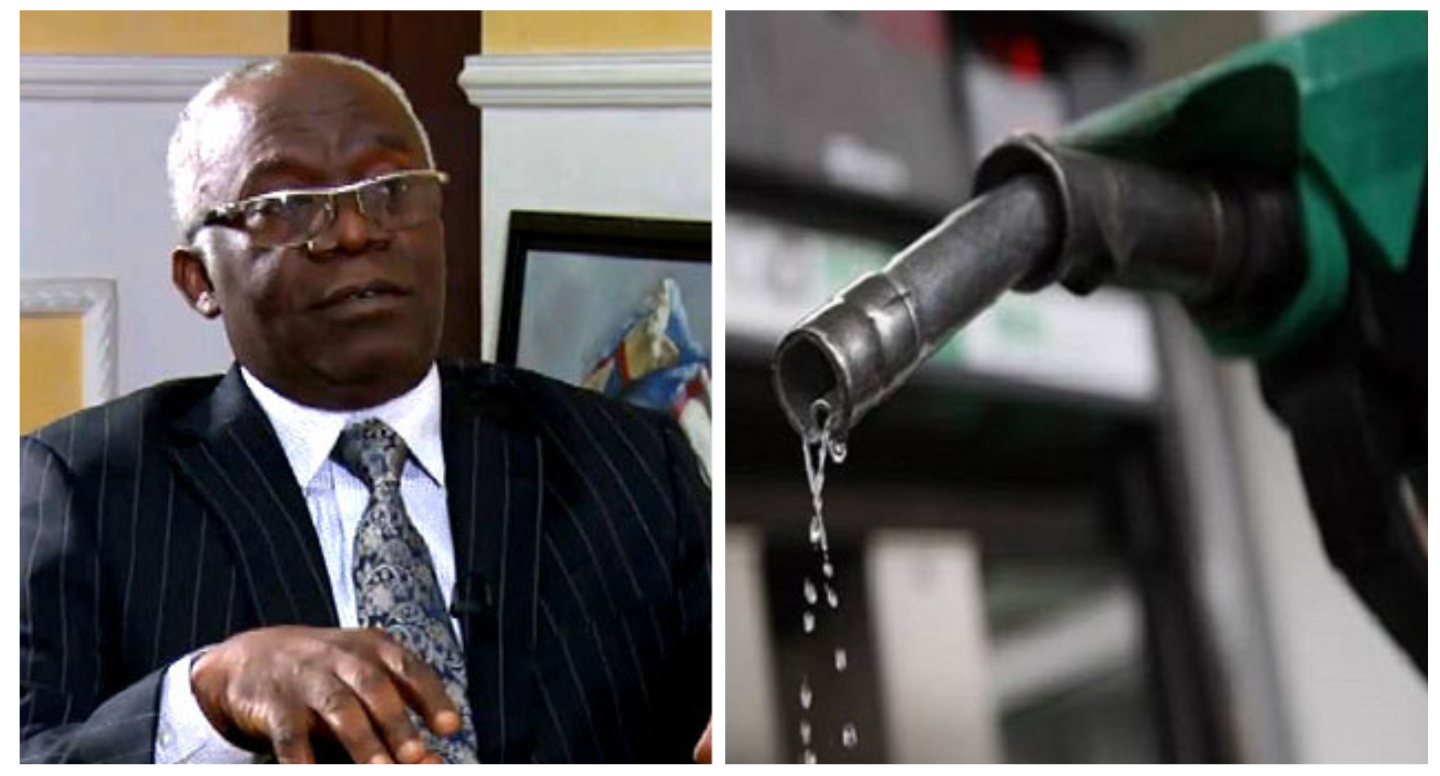Prominent human rights activist and Senior Advocate of Nigeria (SAN), Femi Falana, has called for an urgent investigation into what he describes as a “scam” surrounding Nigeria’s refined fuel imports.
This demand follows the recent admission by Mele Kyari, the Group Managing Director of the Nigerian National Petroleum Company (NNPC), that the corporation owes $6 billion to fuel suppliers, a debt partly responsible for the ongoing fuel scarcity that has significantly increased transportation costs across the country.
After months of denial, Kyari finally confirmed the NNPC’s $6 billion debt at the weekend, acknowledging its role in exacerbating the current fuel shortages. This admission has sparked widespread concern, with Falana leading the charge for accountability.
During an appearance on Channels Television, Falana criticized the government’s handling of fuel imports, calling the process a “scam” that requires thorough investigation.
READ ALSO: FUEL “SUBSIDY” SCAMS ARE STILL SUSTAINED BY UNDYING LIES
“It is high time the importation scam was investigated. I am not talking of the joke that is going on in the National Assembly. The media must help civil society organizations to expose the fraud,” Falana argued.
He expressed skepticism about the government’s commitment to resolving the fuel crisis, especially when officials begin to frame the issue in terms of “affordability and sustainability,” signaling deeper systemic problems.
Falana’s call for a probe is complicated by allegations of conflict of interest involving President Bola Tinubu and his family’s ties to the oil industry.
Tinubu, who serves as Nigeria’s Petroleum Minister, has been accused by former Vice President Atiku Abubakar of facilitating business opportunities for his nephew, Wale Tinubu, the CEO of Oando Oil.
Atiku alleges that President Tinubu used his influence to help Wale Tinubu’s firm, OVH, acquire NNPC retail outlets, raising concerns about the privatization of national assets for personal gain.
The Independent Petroleum Marketers Association of Nigeria (IPMAN) has also raised concerns, highlighting that the current landing cost per litre of petrol makes it economically unviable for marketers to import fuel independently, leaving the NNPC as the sole importer.
This situation has led to fuel shortages across the country, worsening transportation woes for Nigerians.
In addition to his demand for an investigation, Falana has criticized the government’s lack of transparency regarding the fuel subsidy and the status of Nigeria’s refineries.
He pointed out that despite the government’s claims of spending $2.9 billion on refinery repairs, there has been no clear timeline for when these refineries will resume production. The repeated postponements have raised suspicions of mismanagement and corruption.
Falana has threatened to take legal action against those responsible for the delays in repairing the national refineries if another postponement is announced.
“There is no full disclosure on the part of the government on subsidy on petrol,” Falana noted, emphasizing the need for greater accountability in managing the country’s oil resources.

 Entertainment1 week ago
Entertainment1 week ago
 Football1 week ago
Football1 week ago
 Business7 days ago
Business7 days ago
 Health1 week ago
Health1 week ago
 Business1 week ago
Business1 week ago
 Latest1 week ago
Latest1 week ago
 Entertainment1 week ago
Entertainment1 week ago
 Football7 days ago
Football7 days ago

